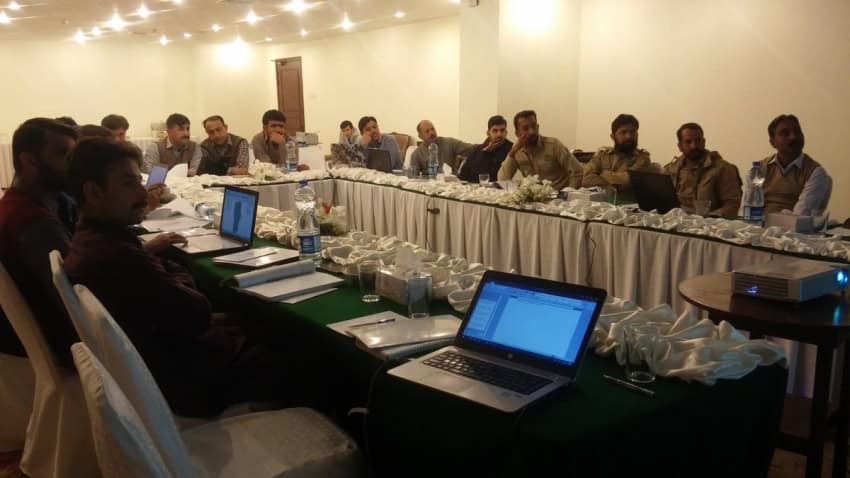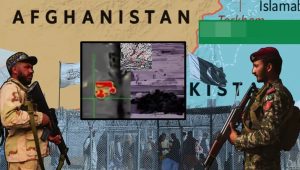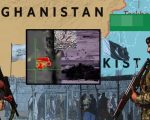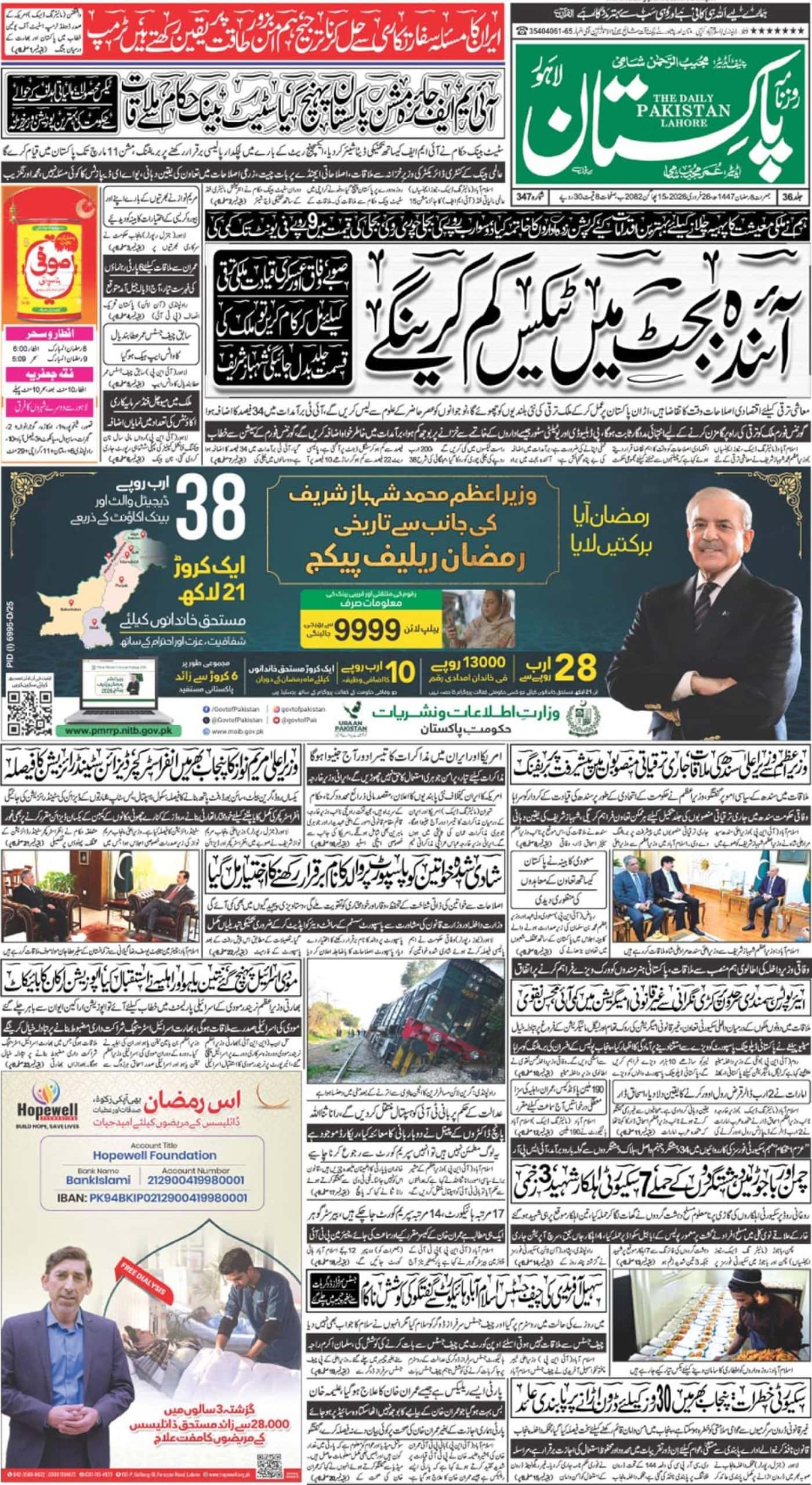ISLAMABAD – WWF-Pakistan organised the first international training workshop on establishing Spatial Monitoring and Reporting Tool (SMART) based wildlife monitoring and conservation systems in selected Protected Areas (PAs) of Pakistan.
During the launch ceremony, the five-day workshop was formally inaugurated, which aims to set up a technology-based wildlife monitoring and conservation system for the staff of three selected PAs of Pakistan including Khunjerab National Park, Central Karakorum National Park and Margallah Hills National Park.
Officials of the Ministry of Climate Change, provincial Wildlife Departments, Zoological Survey of Pakistan and other relevant government organizations participated in the training workshop.
Saman Hussain Khan, Deputy Conservator Wildlife and National CITES Focal Point, Ministry of Climate Change appreciated WWF-Pakistan’s efforts for arranging the first training workshop on SMART as part of the broader zero-poaching framework.
He said, “Effective management of protected areas and priority landscapes is essential in combating poaching and illegal wildlife trade. Implementing SMART will play a critical role in stabilizing the diminishing wildlife of Pakistan.”
He added that PAs have been deprived of resources and introducing the latest technology solutions like SMART will help in not only building the capacity of the wildlife and forest rangers but will also aid in streamlining the monitoring and reporting processes.
Rab Nawaz, Senior Director Programmes, WWF-Pakistan while speaking on the occasion explained how illegal wildlife trade is now recognised as a transnational organised crime due to its devastating impacts on wildlife and the scale of illicit profits. He said, “We need to join hands to promote consolidated efforts to halt this illicit industry.”
He further added, “WWF-Pakistan hosted the first national zero-poaching and SMART consultation workshop in collaboration with Ministry of Climate Change in 2017, which enabled WWF-Pakistan to initiate the very first SMART based snow leopard monitoring and patrolling system in collaboration with provincial Wildlife Departments.”
He also showed hope that the weeklong training will help in setting the basis for the provincial wildlife authorities to adopt and equip themselves with the latest tools and technologies critical to tackling poachers.
Hamera Aisha, Manager Wildlife, WWF-Pakistan briefed the participants about SMART, which is a technology based framework to control wildlife poaching and illegal trade of wildlife. She added, “The project is focused on including SMART based patrolling and monitoring programmes in Misgar Valley along with the capacity building of relevant stakeholders and effective community engagement to control poaching and trafficking at the selected sites. Pakistan will become the first country that will pilot SMART for species conservation.”
Wei Lim Yap, SMART Specialist, WWF International who is leading the training said, “It is difficult to detect illegal trade of each species. The key factors that contribute to increasing wildlife poaching and trafficking include weak coordination among enforcement agencies, lack of political commitment, and absence of public engagement. However, SMART uses technology such as camera trapping, which can be of immense support in curbing illegal wildlife trade.”













